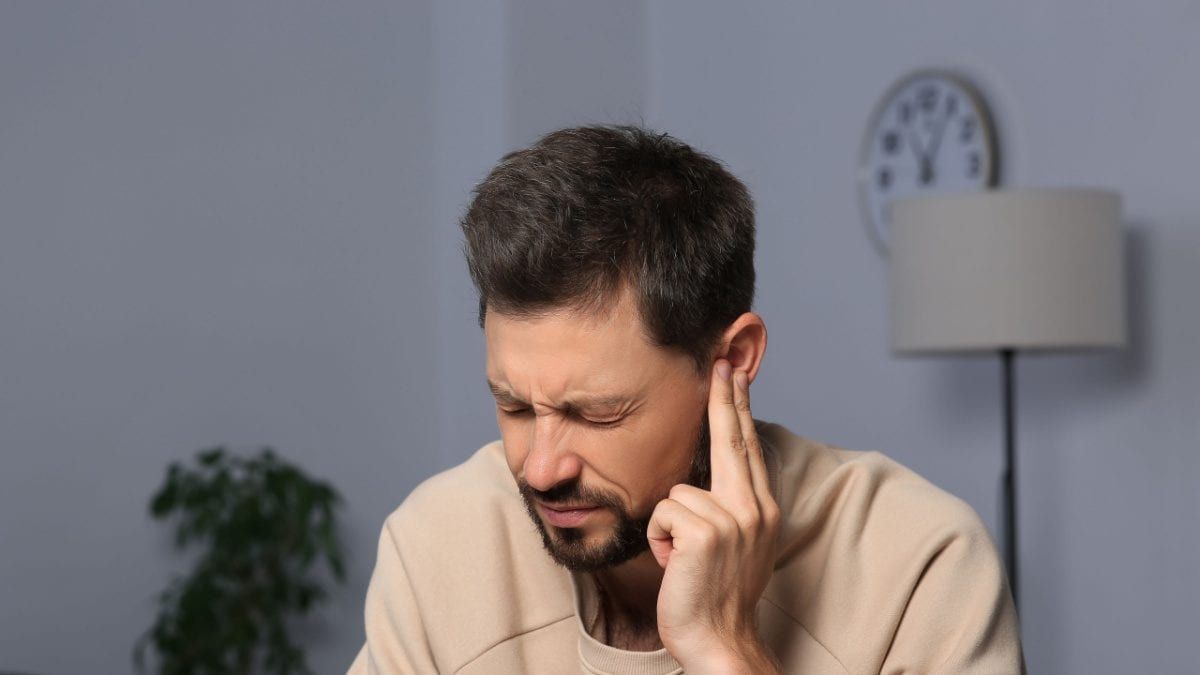By staying informed and taking preventative measures, people can protect their hearing health and enjoy better hearing wellness.
Preventing ear problems involves adopting simple but effective habits
Maintaining good hearing health is crucial to overall well-being, as ears are delicate and complex organs prone to a variety of problems. Understanding the most common ear problems can help prevent long-term complications and promote better ear care. Here, we explore the most common hearing conditions, their causes, symptoms, and preventative measures, with input from leading ENT specialists.
Ear infections
Ear infections are a common problem, especially among children. Dr Vijay Verma, an ENT and allergy specialist at CK Birla Hospital in Gurugram, explains that ear infections are often caused by colds or allergies that allow bacteria or viruses to travel through the Eustachian tube to the ear. “Symptoms include ear discomfort, a feeling of congestion, and fluid leakage. While minor infections may resolve on their own, severe cases may require antibiotics. In chronic situations, surgery may be required to place tubes in the ear to drain fluid from the middle ear,” says Dr Verma.
Hearing loss
Hearing loss can result from a number of factors, including exposure to loud noises, age, and earwax buildup. Dr. Verma notes, “Symptoms include difficulty hearing and tinnitus, which is ringing in the ears. Treatments may include addressing underlying causes, using hearing aids, or in some cases, sound therapy devices.” Regular hearing exams and practicing safe listening habits, such as keeping the volume at safe levels when using headphones, are essential preventative measures.
Earwax buildup
Earwax plays a vital role in protecting the ear canal by trapping dust and debris. However, excess earwax can lead to blockages, which cause discomfort, a feeling of fullness and temporary hearing loss. Dr Ravinder Gera, senior director and head of the ENT department at Max Hospital in Gurugram, highlights that using cotton swabs or other objects to clean the ears can push the earwax further into the canal, making the problem worse. “Treatment usually involves softening the earwax with ear drops and then gently rinsing it out. In more severe cases, a healthcare professional may need to remove the earwax manually,” advises Dr Gera. Regular ear care and avoiding inserting objects into your ears can help prevent future blockages.
Otitis externa (swimmer's ear)
Otitis externa, or swimmer’s ear, is an infection of the outer ear canal caused by water retention, which creates an environment conducive to bacterial growth. Dr. Verma notes that “pain, itching, and redness are common symptoms. Treatment often includes pain relievers and antibacterial ear drops.” Keeping your ears dry after swimming or bathing is key to preventing this condition.
Meniere's disease
Meniere’s disease is a chronic condition of the inner ear characterized by tinnitus, vertigo, and fluctuating hearing loss. “Although Meniere’s disease is incurable, it can be managed with medications and lifestyle changes,” explains Dr. Verma. Early symptom management and routine ear care can help prevent complications and improve the quality of life for those with the condition.
Prevention tips for better hearing health
Preventing ear problems requires adopting simple but effective habits. Dr. Gera advises, “Keep your ears dry after bathing or swimming to prevent infection, and avoid inserting objects such as cotton swabs into your ears to prevent damage and earwax blockages.” Additionally, using hearing protection in noisy environments and limiting headphone use to safe volumes are essential to preventing hearing loss. Controlling sinus problems and allergies can also reduce the risk of hearing complications.
Both Dr. Gera and Dr. Verma agree that regular checkups with an audiologist or ENT doctor are critical for early detection and treatment of potential ear problems. By staying informed and taking preventative measures, people can protect their hearing health and enjoy better hearing wellness.












